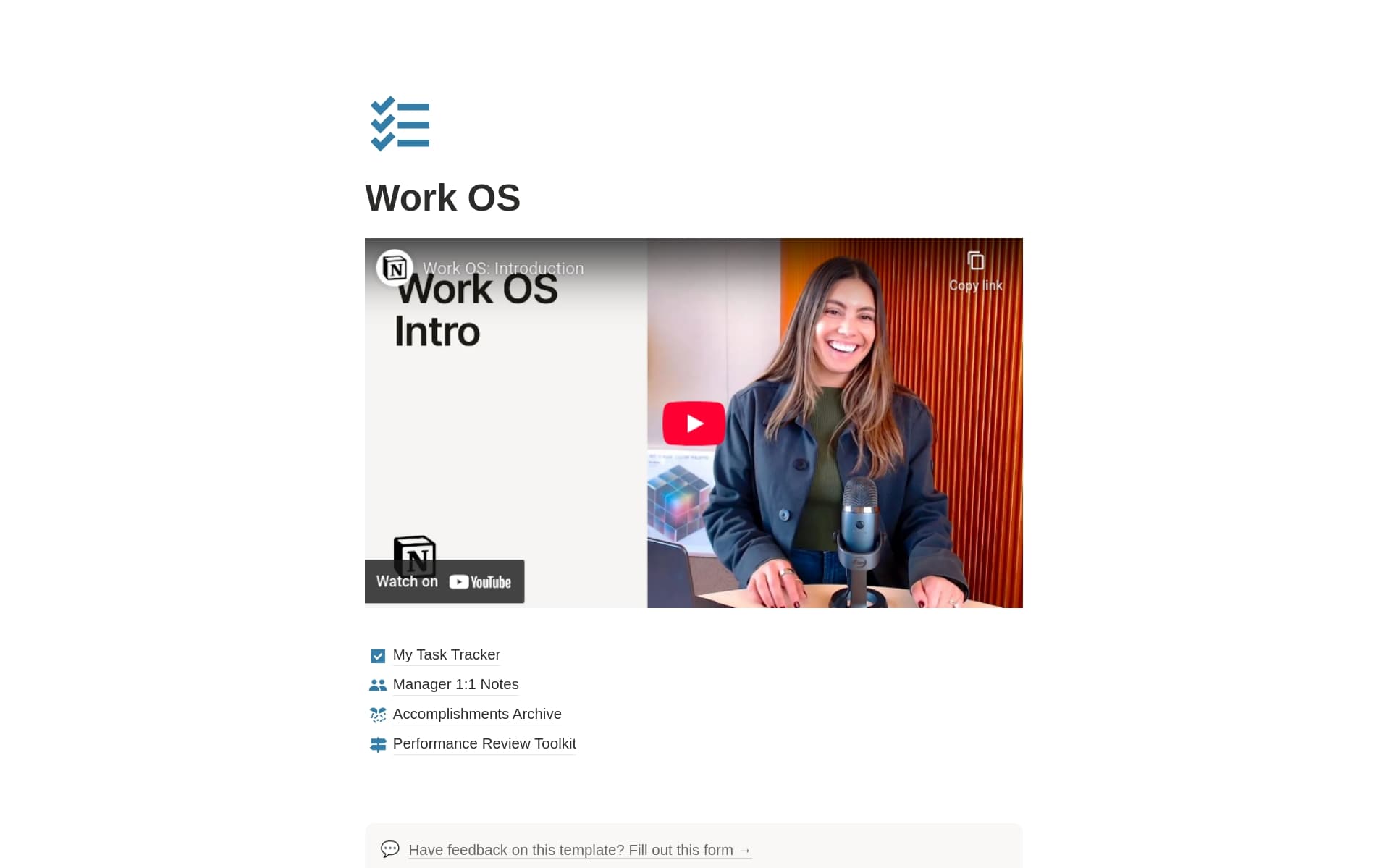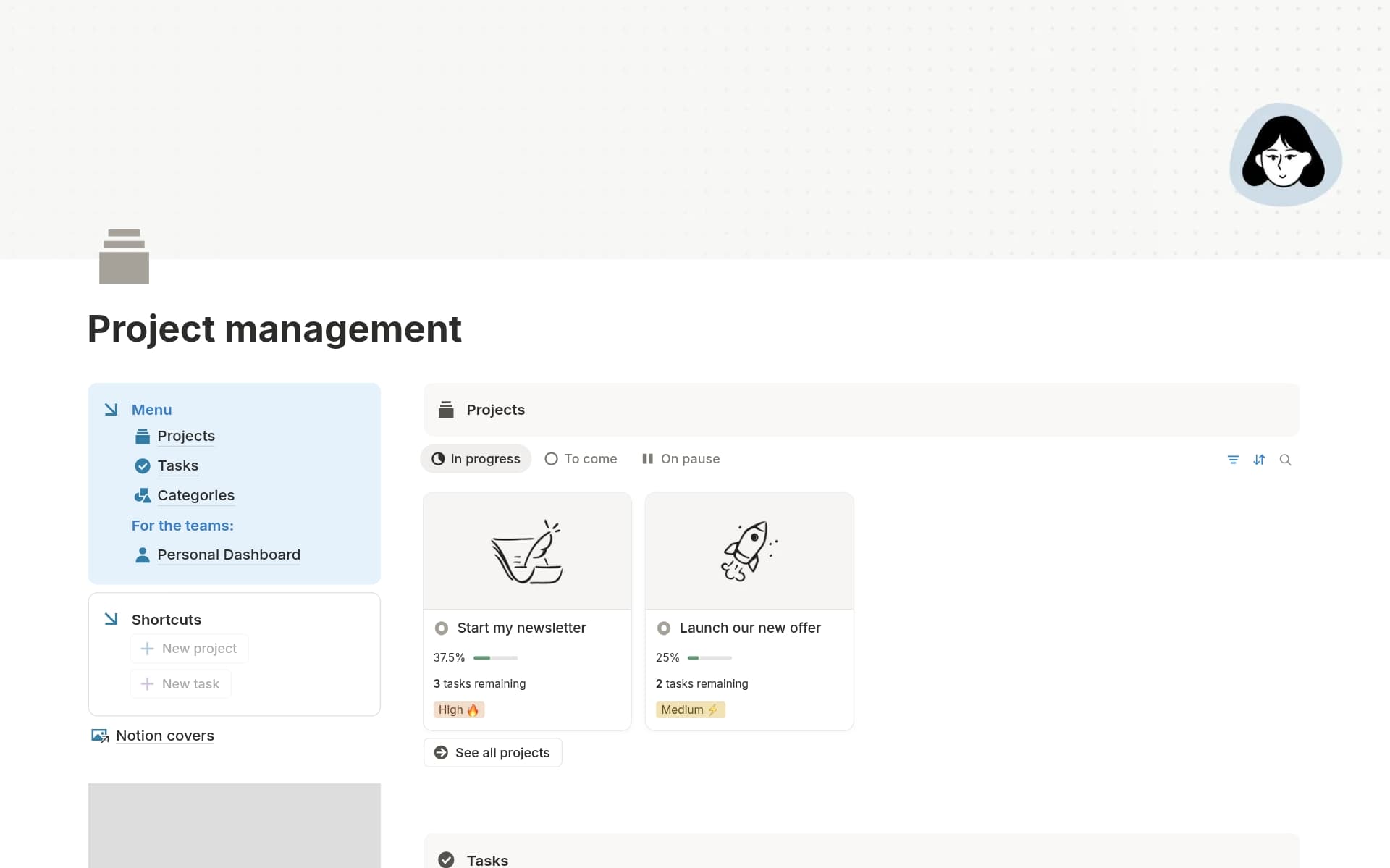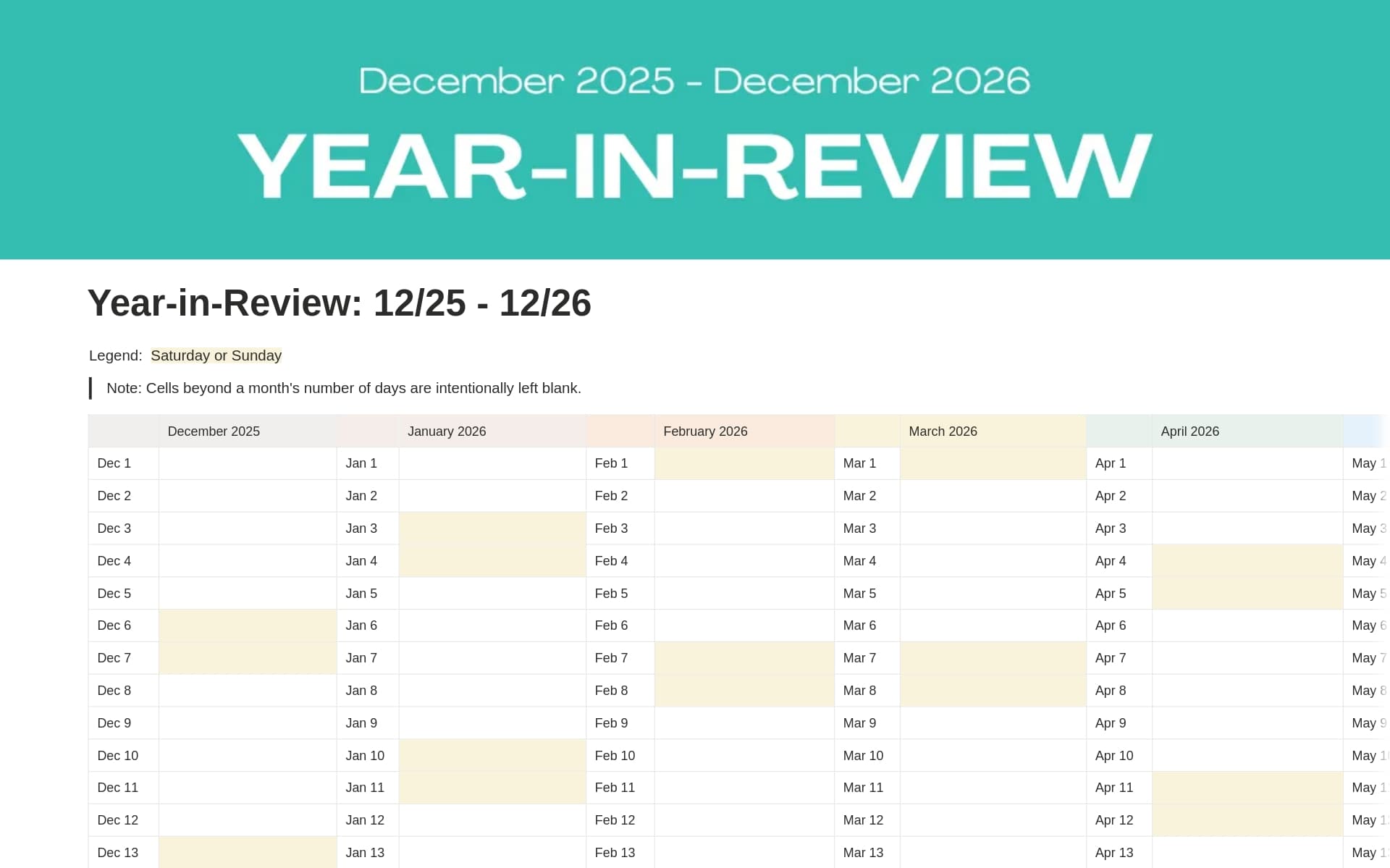For electrical engineers, navigating through complex projects and continuously evolving industry standards necessitates a robust, organized way to access and share knowledge. An Engineering Knowledge Base that's structured efficiently can bridge the gap between accumulated expertise and its practical application, enhancing productivity and innovation. Before creating your own Eng Knowledge Base template, you might want to explore these templates below to simplify the process and ensure your knowledge is both accessible and up-to-date.
What Should Eng Knowledge Base Templates Include?
Choosing the right Engineering Knowledge Base template can significantly streamline your workflow and enhance your team's productivity. Here are key components to look for:
Comprehensive Search Functionality - Ensure the template offers robust search capabilities to quickly locate specific documents or information.
Clear Categorization - A well-organized category system helps in navigating through different types of engineering data and documentation efficiently.
Integration Capabilities - Check for templates that support integration with other tools used by your team for a seamless experience.
Update and Revision Tracking - Opt for templates that allow easy tracking of document revisions and updates to maintain accuracy over time.
Selecting a template with these features will ensure that your engineering knowledge base is a valuable resource for your team.
What Should Eng Knowledge Base Templates Avoid?
Choosing the right Eng Knowledge Base template is crucial for streamlining information without clutter. Here are key elements to steer clear of when selecting your template:
Overly Complex Structures: Avoid templates with complicated navigation paths or excessive categories, which can confuse users and hinder information retrieval.
Non-Scalable Formats: Templates that do not allow easy updates or scaling can become obsolete quickly as your project or team grows.
Heavy Use of Jargon: Opt for templates that use clear and concise language over those filled with technical jargon, which might alienate newer team members or non-specialist users.
Ultimately, the best template is one that balances simplicity with functionality, ensuring that all team members can find and use the knowledge base effectively.




